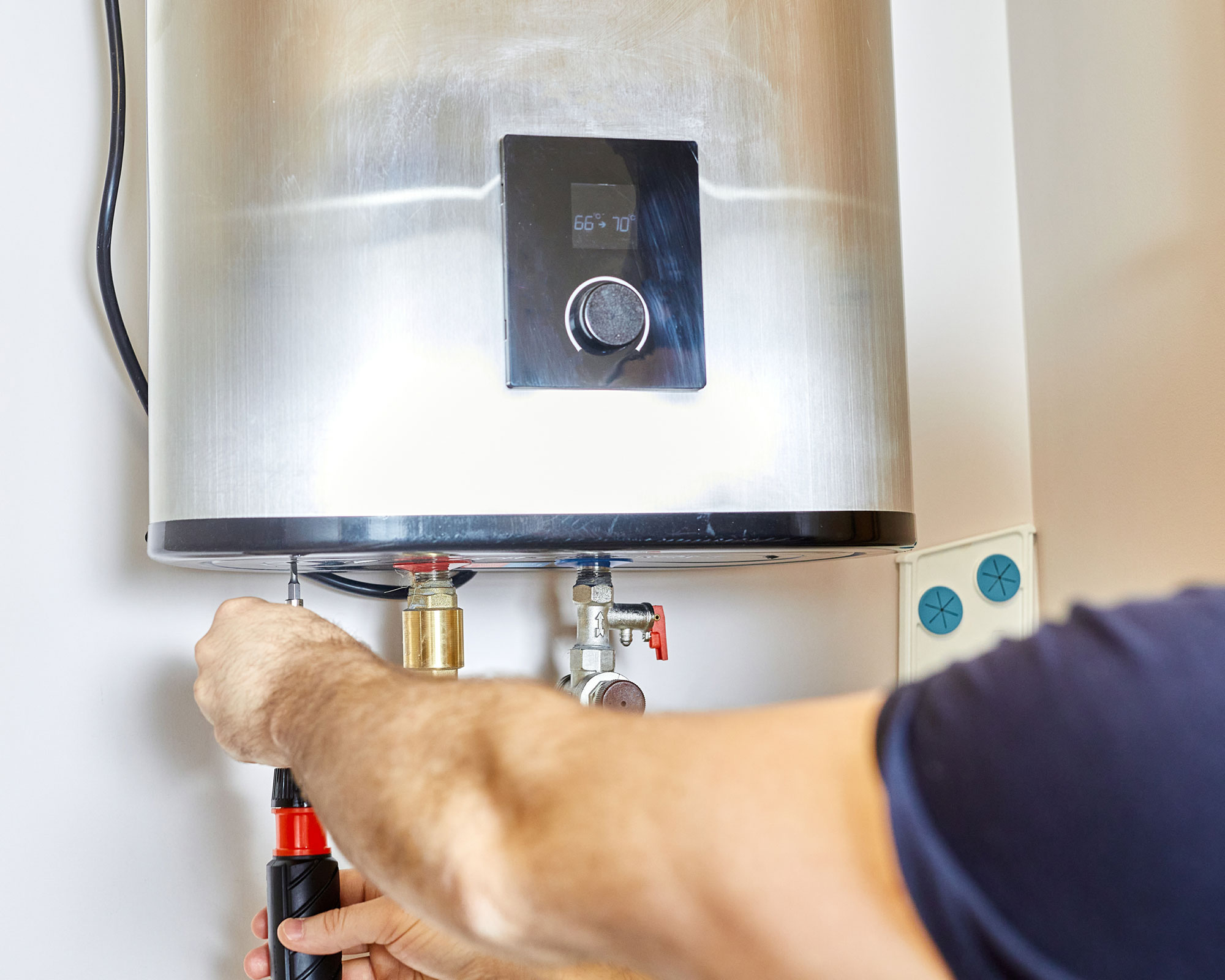Tankless water heaters have become the gold standard for many homeowners and businesses looking for an energy-efficient solution to their hot water needs. These compact, on-demand water heaters provide a constant supply of hot water and can last decades with proper maintenance. One essential aspect of maintenance that often gets overlooked is descaling, or the process of removing mineral deposits that can build up inside the heater over time.
Why descaling is necessary
Tankless water heaters heat water directly rather than storing it in a tank. When cold water passes over a series of heated coils, it can lead to a chemical reaction that causes mineral deposits, commonly referred to as scale, to form on the heating elements. This scale can impede heat transfer, forcing the unit to work harder and, ultimately, causing damage. Descaling helps the heater work properly and efficiently for longer.
However, descaling is not without its pitfalls, especially when attempted as a do-it-yourself (DIY) project. In this comprehensive guide, we’ll walk you through the most common mistakes people make when descaling their tankless water heaters and how to avoid them.
5 DIY descaling mistakes that can cost you
Taking matters into your own hands may seem like a cost-effective solution, but it can lead to costly mistakes that not only compromise the effectiveness of your tankless water heater but also put you at risk for injury or damage to the unit.
1. Ignoring specific manufacturer guidelines
Each tankless water heater model may have unique descaling requirements. Many DIY enthusiasts mistakenly assume that all descaling instructions are the same, using a generic approach that may void their warranty or damage their unit.
Manufacturers often recommend specialized descaling solutions or processes that are safe for the materials used in their units. Disregarding these guidelines can lead to corrosion and other long-term issues with the unit’s internal components.
2. Using the wrong descaling solution
Vinegar is often touted as a cheap and effective descaling solution. While it may work for some mild cases, it’s not suitable for strong or stubborn scale. Using the wrong descaling solution can result in incomplete descaling or damage to the heating elements, which are often made of copper or stainless steel.
It’s crucial to use the manufacturer-recommended solution or a commercial-grade descaler suitable for your unit’s specific needs and scale severity.
3. Rushing the descaling process
Descaling a tankless water heater requires patience. Rushing the process by using higher concentrations of descaling solutions or reducing the recommended waiting time can lead to incomplete removal of the scale. This haste can also damage the heater’s internal components due to exposure to aggressive chemicals for extended periods.
Follow the descaling process laid out in the user manual meticulously, giving each step the necessary time required to ensure a thorough and safe descaling.
4. Failing to properly flush the system
Flushing the system after descaling is as important as the descaling itself. Residual descaling solution left in the unit can continue to eat away at the components, causing damage that may not be immediately noticeable.
After descaling, make sure to flush the tankless water heater multiple times with clean, fresh water until the water runs clear. This will remove any remaining descaling solution and prevent corrosion.
5. Neglecting personal safety
Descaling can involve working with hot water, electricity, and sometimes hazardous chemical solutions. Neglecting personal safety can result in burns, electrical shocks, or exposure to toxic chemicals.
Always turn off the power and water supply to the heater before descaling. Wear appropriate protective gear, such as gloves and safety glasses, when handling descaling solutions to prevent skin and eye irritation.
The benefits of professional descaling
Hiring a professional plumber to descale your tankless water heater can save you from the headaches and costs associated with DIY descaling mistakes. Professional plumbers are trained to handle a variety of water heater models and have access to commercial-grade descaling solutions that are safe and effective. They can also ensure the work is completed in a manner that maintains your manufacturer warranty’s integrity.
Investing in a professional descaling service ensures that the process is completed correctly and safely, preserving the efficiency and longevity of your tankless water heater.
Keeping your water heater healthy
Regular descaling is just one part of maintaining a healthy tankless water heater. In addition to descaling, you should schedule annual checkups with a plumber to inspect the unit and ensure all components are in good working order.
Benefiel Plumbing offers expert descaling services for both residential and commercial tankless water heaters. Our team of professional plumbers can assess your unit’s descaling needs, provide top-notch service, and help you keep your water heater in pristine condition.
Don’t risk damaging your unit with DIY descaling mistakes. Contact us today to schedule an appointment and keep your tankless water heater running at its best.
